Aman Residences Tokyo float high above the Japanese capital
Aman Residences Tokyo, Aman Group’s first standalone branded residences, feature dramatic yet serene interiors by Yabu Pushelberg
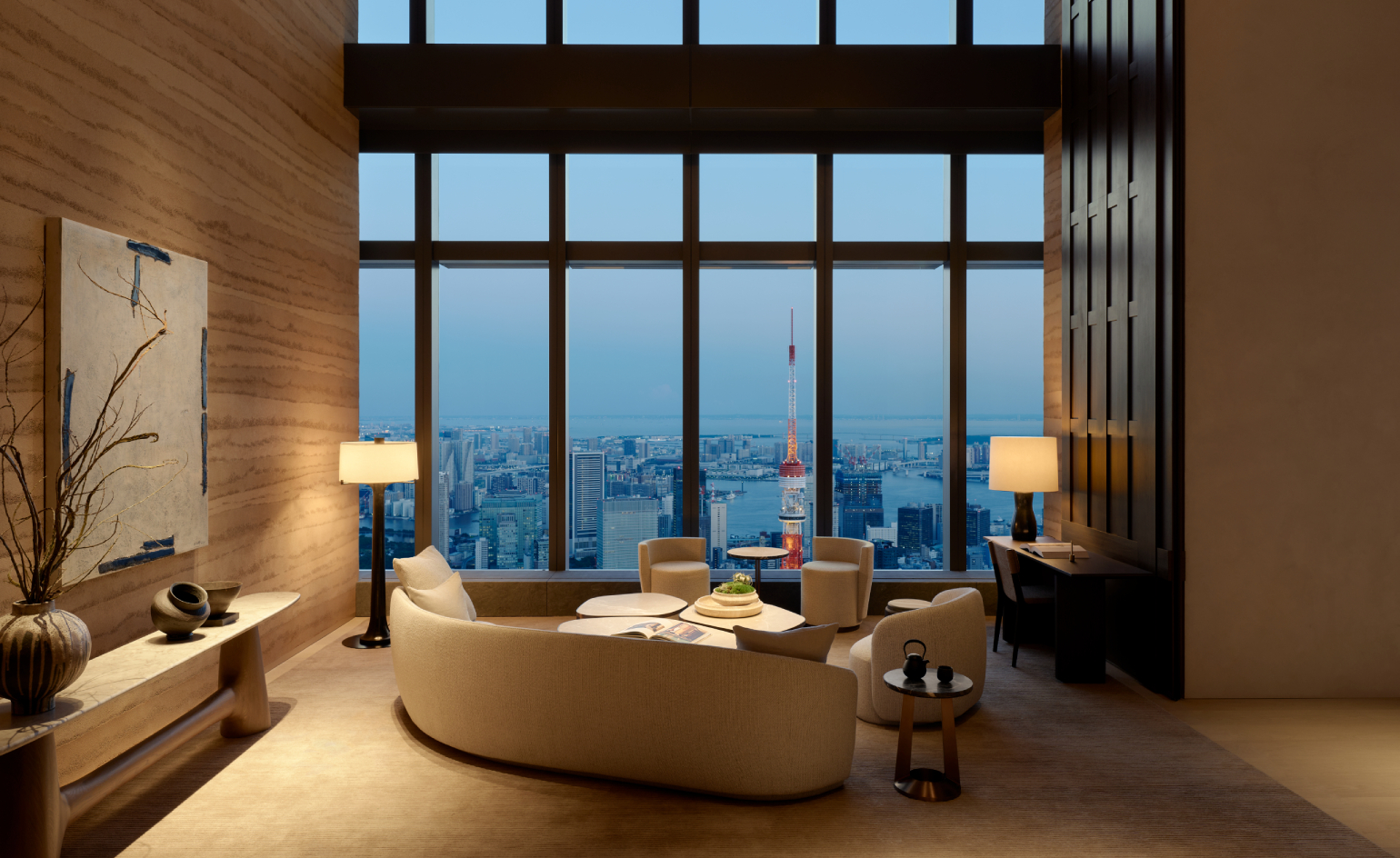
The Aman Group has built a reputation for creating the world’s most luxurious hotels, operating 35 properties in dramatic, unique and remote settings around the world. Founded in 1988, the name Aman has become synonymous with ultra-high-end hospitality, as well as privacy and seclusion for the one per cent. So perhaps inevitably, the group has continued to expand its lifestyle offering (including a Kengo Kuma-designed furniture line that launched last year) and ramped up its forays into the residential property market.
Aman Residences Tokyo
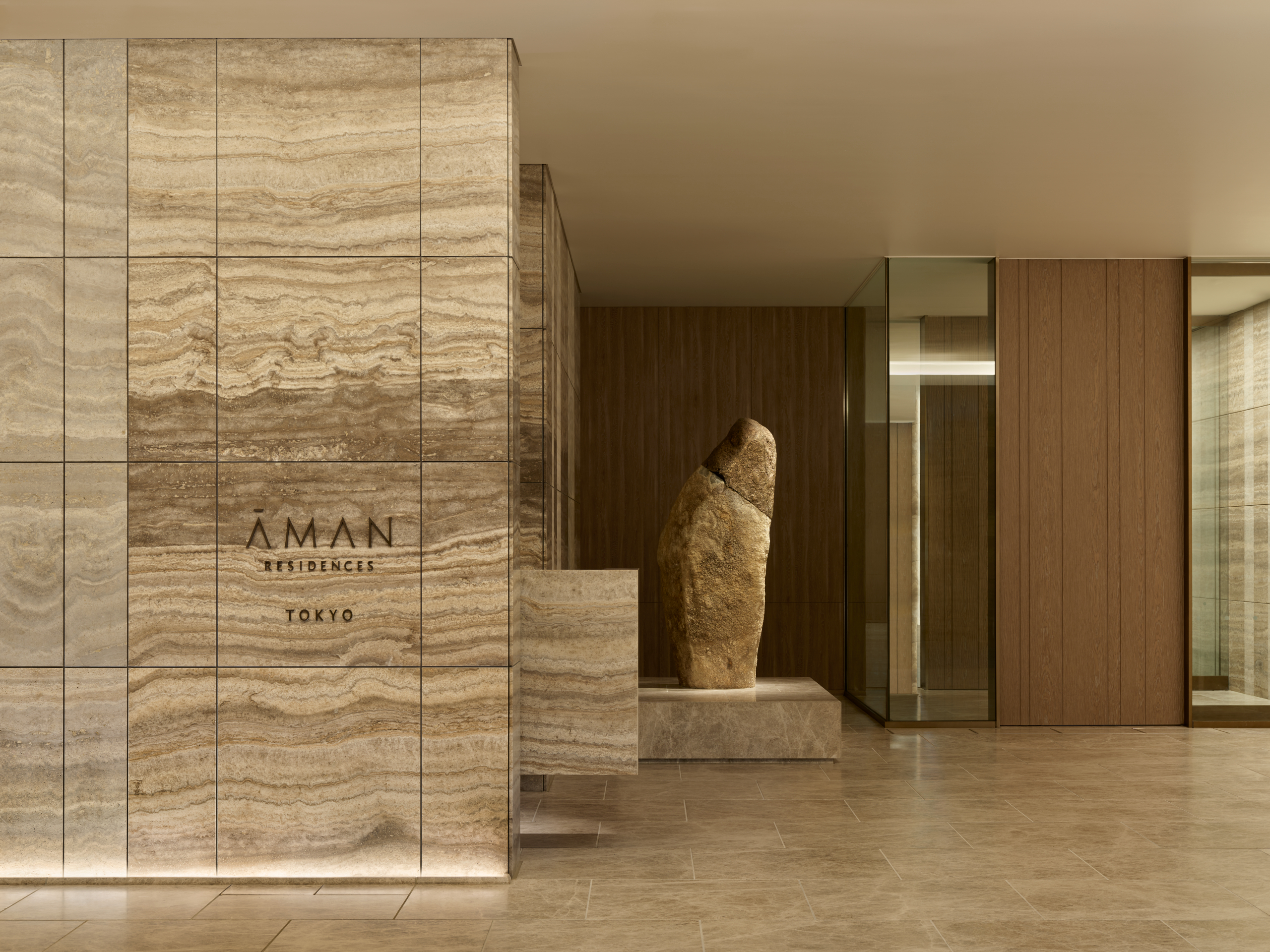
Aman Residences Tokyo Car Pickup
The latest in the series of Aman Residences across the globe, and the first standalone location outside of the brand’s hotel and resorts, is the newly completed project in Tokyo’s tallest residential building: the Mori JP Tower by Pelli Clarke & Partners, which rises 1,066 feet above the city as part of the Azabudai Hills development. For the interiors, Aman Group collaborated with hospitality titans Yabu Pushelberg, behind some of the most impressive hotels in the world, to create a ‘quiet but strong’ extension of the brand’s aesthetic that blends Asian and European influences into a unique spatial experience.
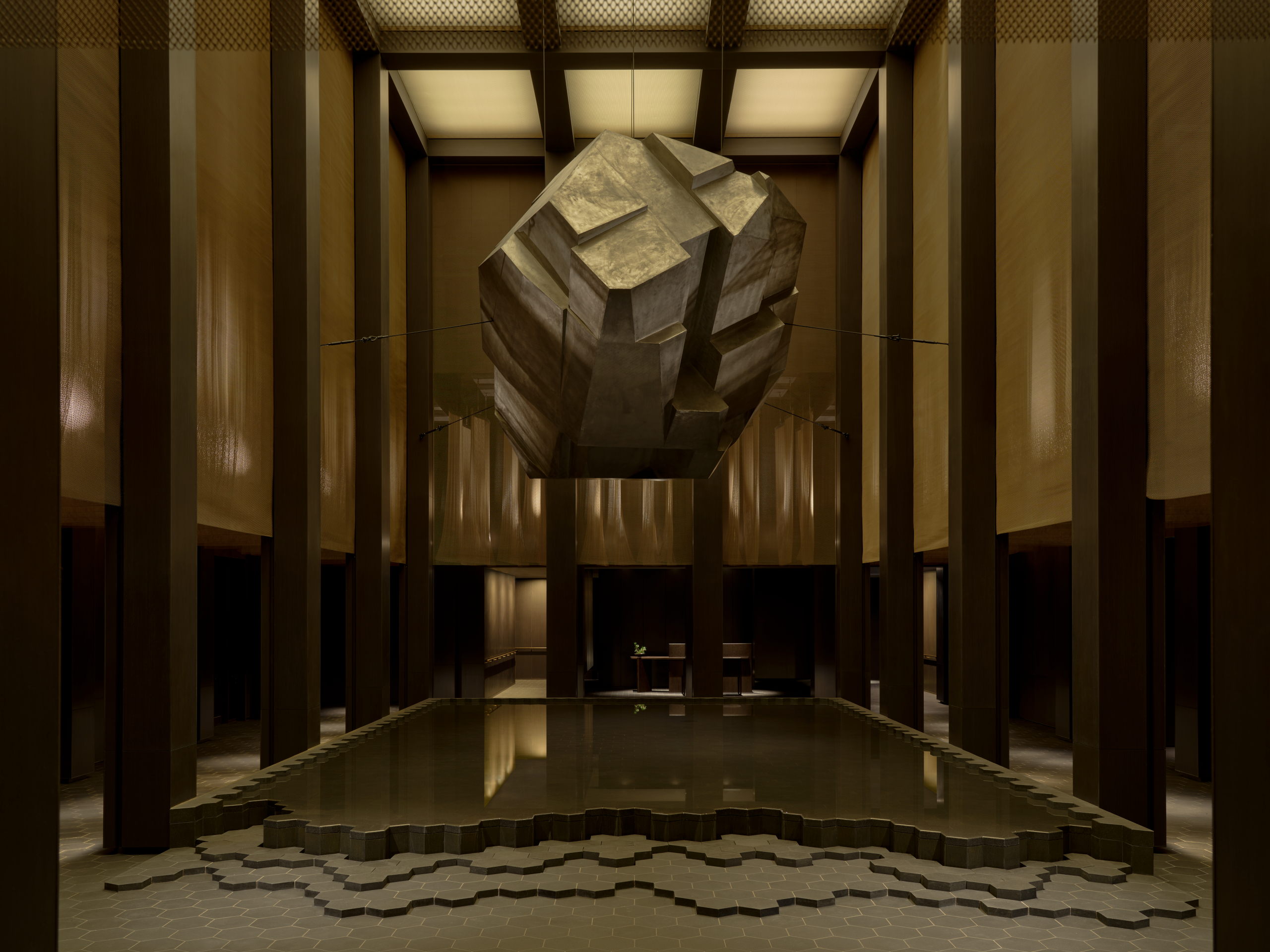
Aman Residences Tokyo Courtyard
‘We wanted to convey a clear, powerful personality that remains true to the Aman brand,’ studio co-founder Glenn Pushelberg tells Wallpaper*. ‘The project was 30 years in the making, and the level of integrity and detail that went into the residences is visible in a serene, effortless way.’
Aman Residences Tokyo comprises 91 fully serviced residences, each with a private entrance and dedicated elevator access. Soaring ceiling heights and copious square footage mean that the apartments feel incredibly luxurious and feature warm natural materials and muted neutral colours that enhance the sense of serenity, quiet and comfort for which Aman is renowned. Drawing on the themes of land, sea and sky – key elements in Japanese art and design – the studio was able to infuse Asian influences into the interiors while avoiding any clichés.
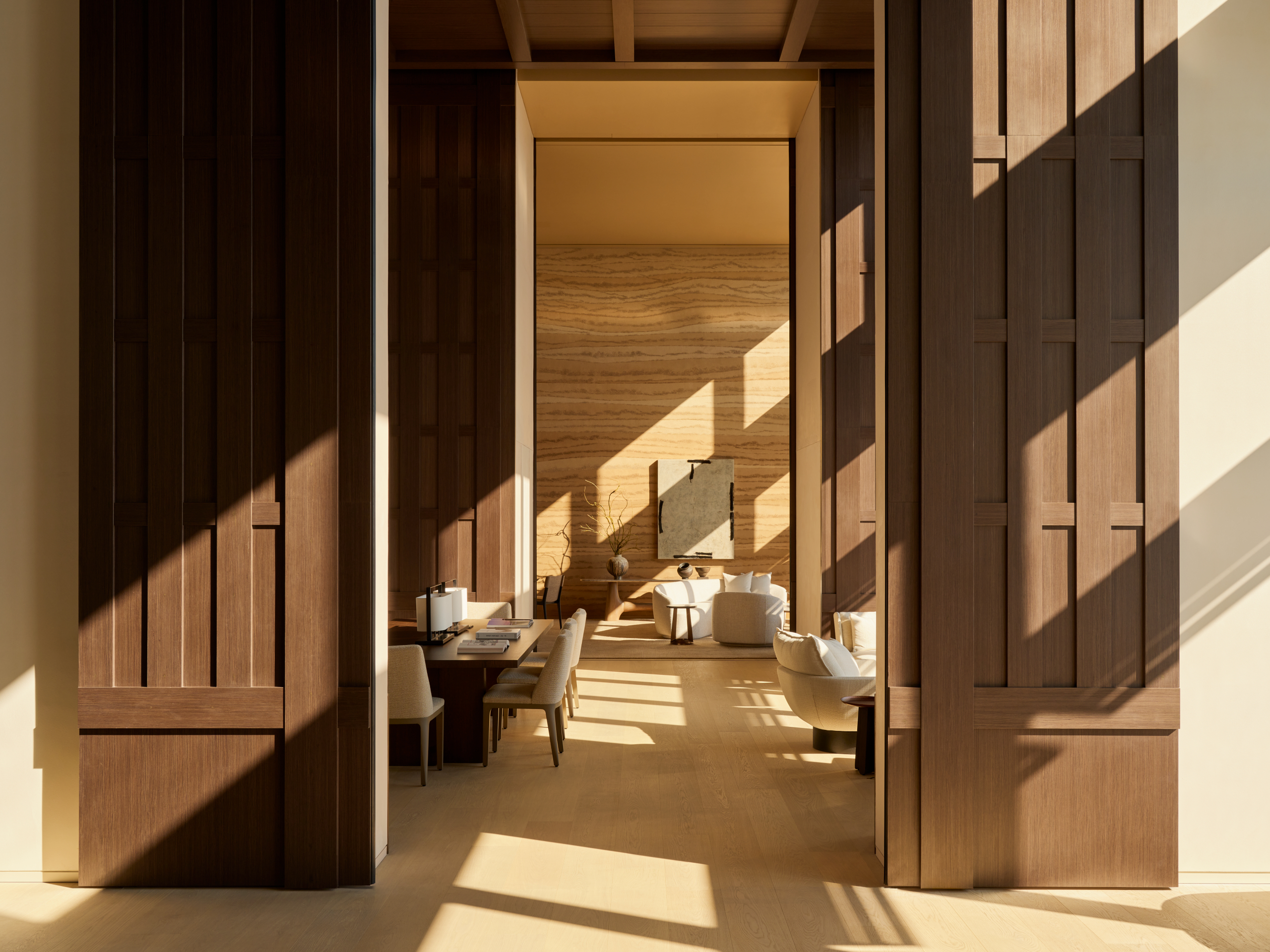
Aman Residences Tokyo Communal Space, Reading Room to Library
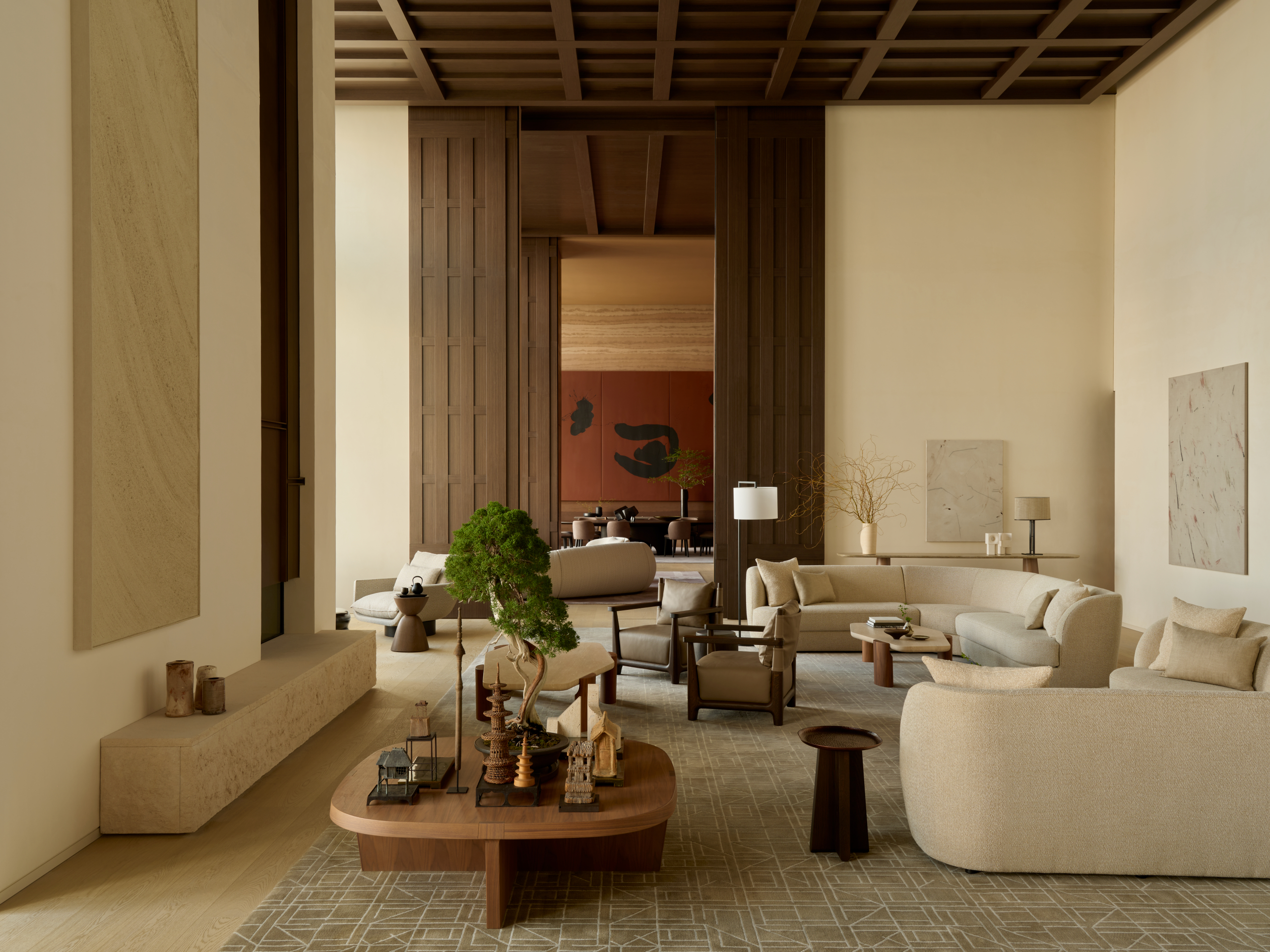
Aman Residences Tokyo Communal Space, Lounge to Private Dining
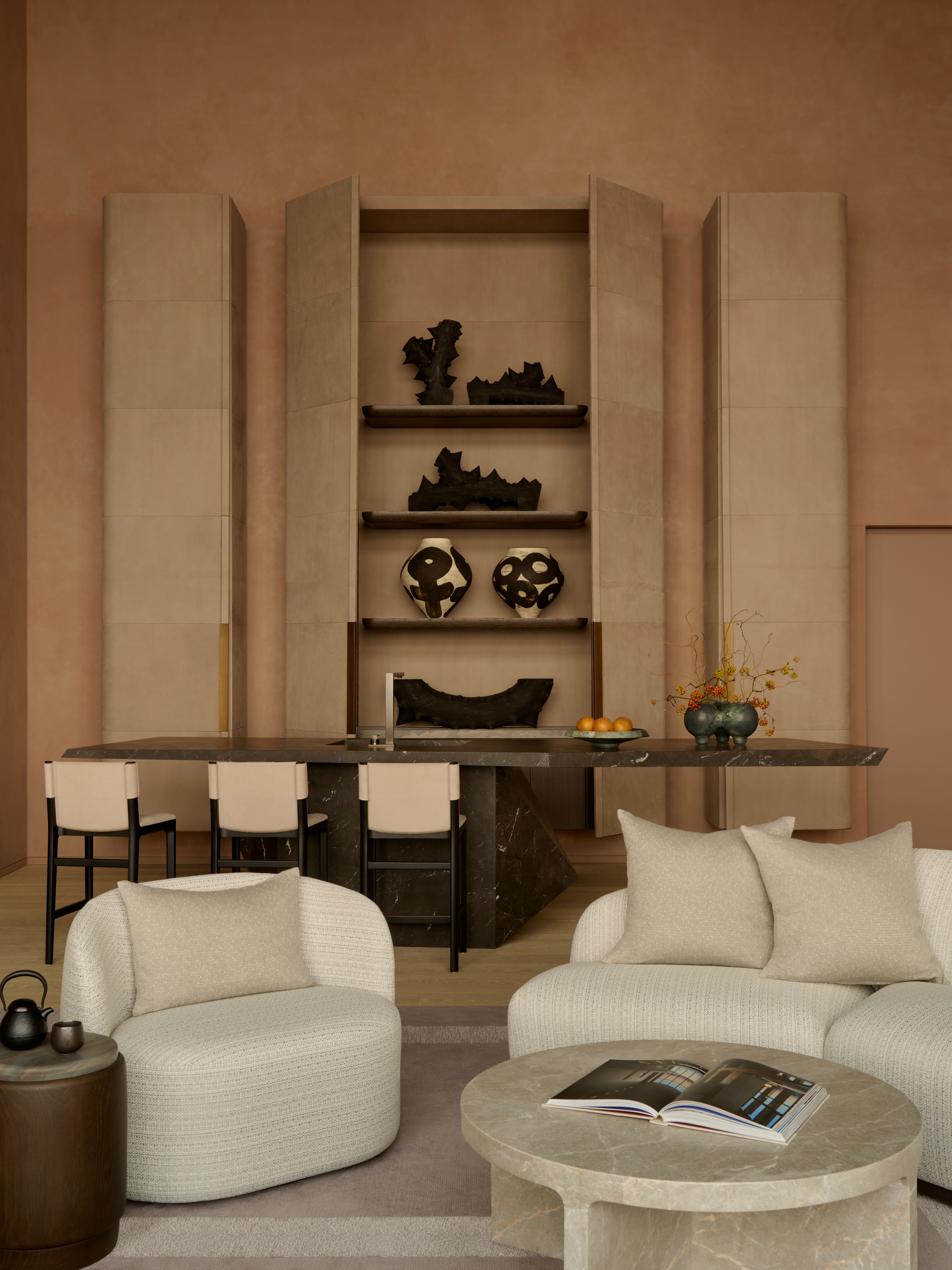
Aman Residences Tokyo Communal Space, Party Room
‘Conceptually, nature is at the root of the design intention,’ says Yabu Pushelberg’s other co-founder, George Yabu. ‘This is partly because nature allows you to draw from local and global contexts, so the experience can feel intimate to its locality while speaking more generally to an international experience.’
Extensive hotel-like amenities for residents are spread over the top 11 levels of the building, affording these spaces the best views across Tokyo’s urban sprawl. They include a lounge, bar, private dining room, tea room, library, reading room, media room and games room. Arguably the most impressive is the Aman Spa, featuring a 25m swimming pool, sauna, steam, and relaxation room, plus two treatment rooms and an expansive gym.
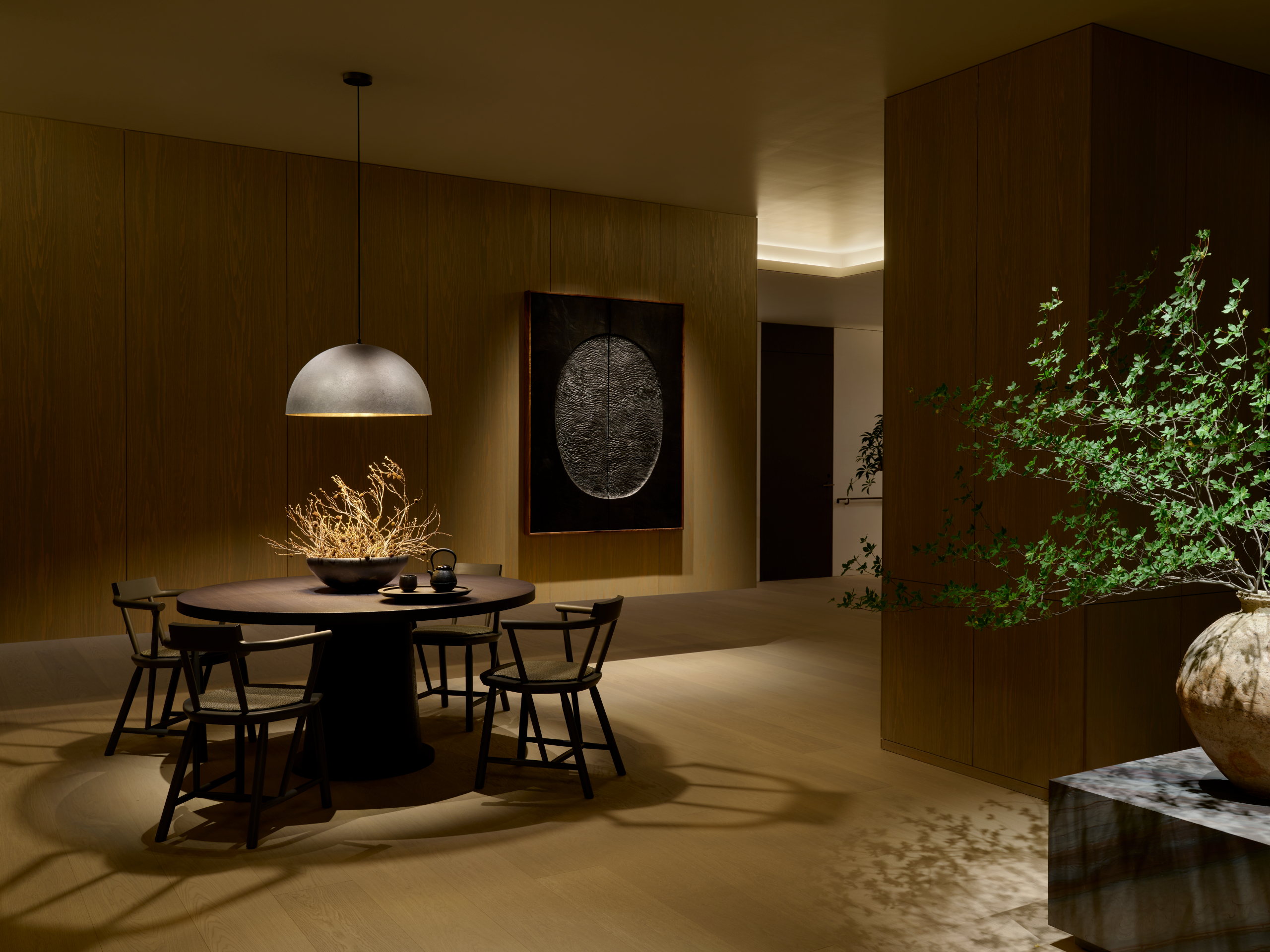
Aman Residences Tokyo Tea Room
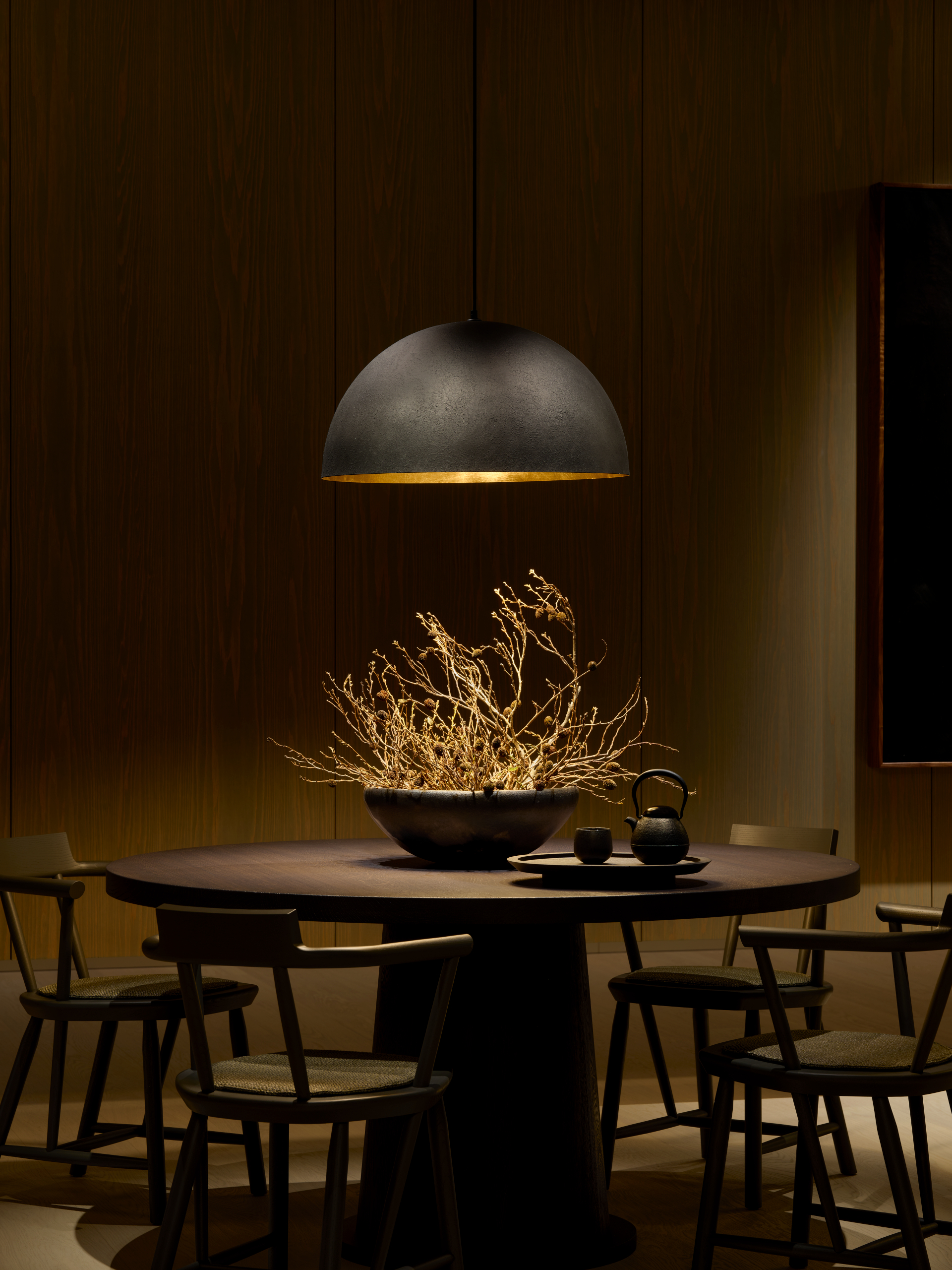
Aman Residences Tokyo Tea Room
‘The wellness level, and the pool especially, is powerful,’ states Pushelberg, referring to the double-height space where columns of staggered glossy-blue bricks rise to a ceiling that swoops down dramatically in the centre over the water. In these spaces, the designers reveal, the aim was to evoke awe through the most simple gestures possible. ‘You are floating in the sky of Tokyo, with views of the bay, city, and surrounding you,’ Pushelberg describes. ‘Nothing is everything.’
Wallpaper* Newsletter
Receive our daily digest of inspiration, escapism and design stories from around the world direct to your inbox.
Furthermore, an extensive public art collection, curated with the Mori Art Foundation and Hanabi art consultants, is displayed throughout the property and includes a sculpture titled The Rock by Sawada that is suspended high above a shallow pool in the soaring lobby.
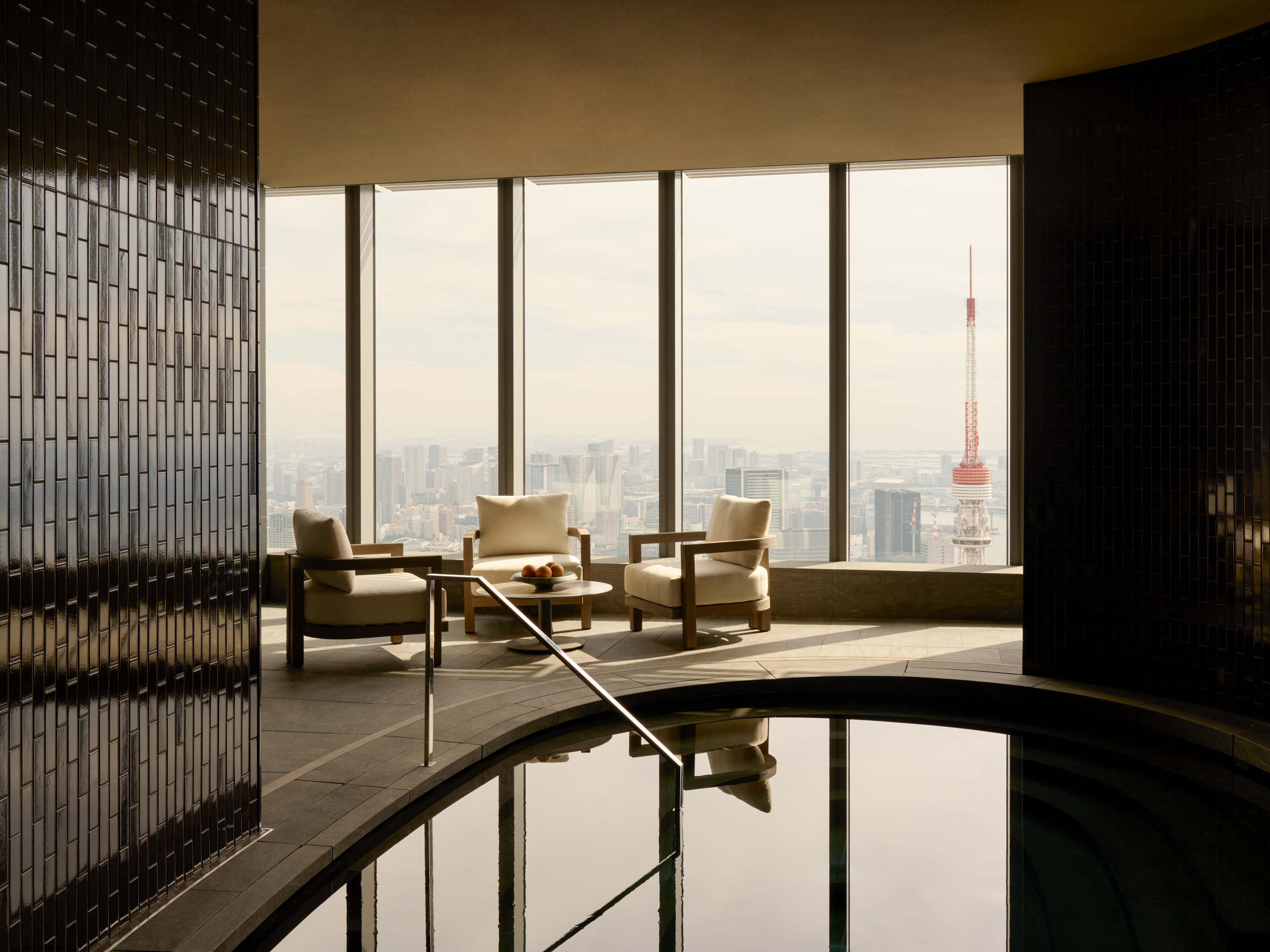
Aman Residences Tokyo Spa, Jacuzzi
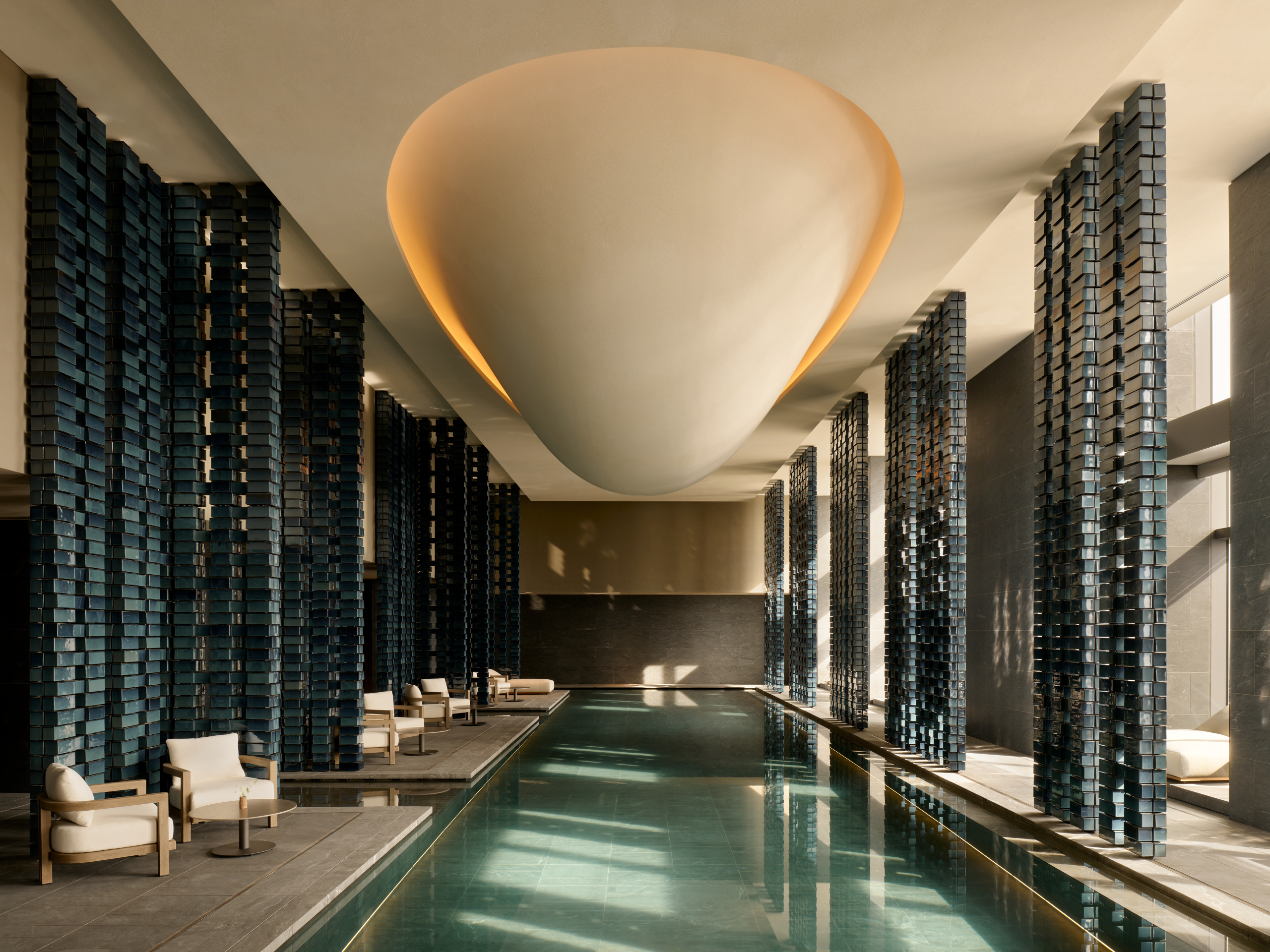
Aman Residences Tokyo Spa, Pool
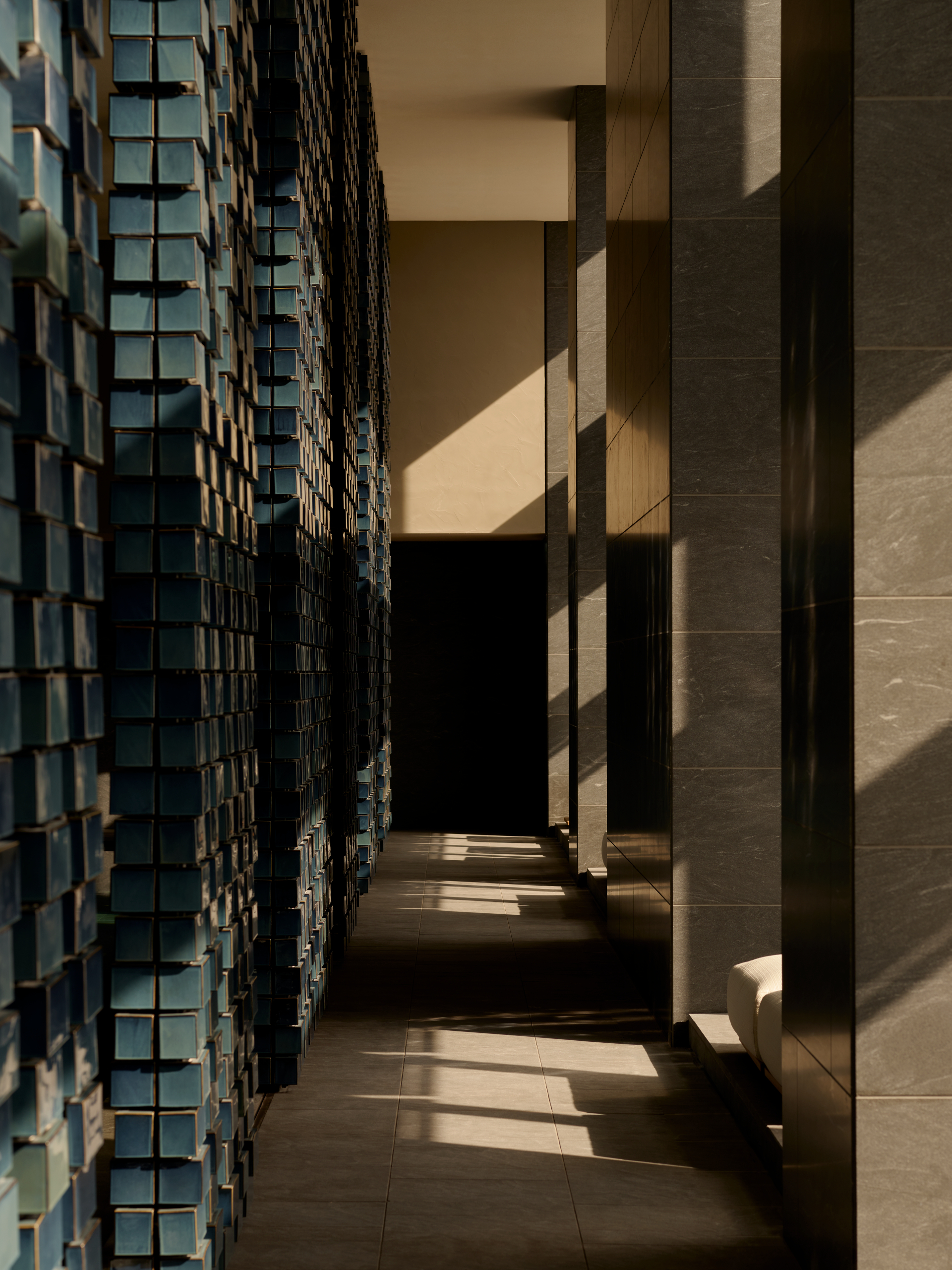
Aman Residences Tokyo Spa, Pool
Aman Residences Tokyo is among 13 branded residence locations that the group operates, while a further ten destinations featuring Aman Residences are set to open in the next five years in places such as Bangkok, Beverly Hills, Miami Beach and Niseko. The Aman Group also recently launched the Jean-Michel Gathy-designed Janu Tokyo, part of its new sibling brand, which joins the Aman Tokyo, which opened in 2014 as the brand’s first city property.
Aman Residences Tokyo are located at 1 Chome-3-2 Azabudai, aman.com
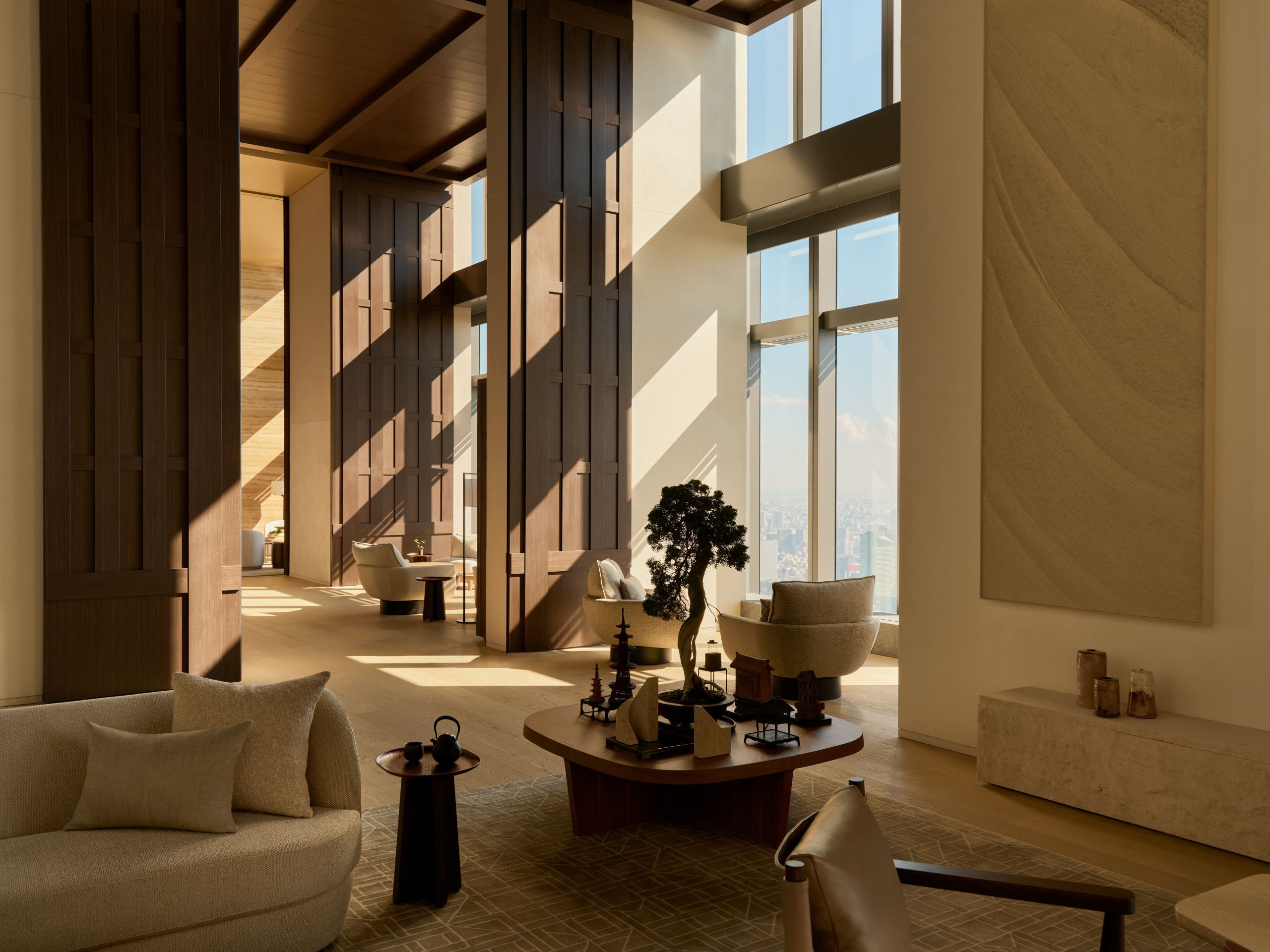
Aman Residences Tokyo Communal Space, Lounge to Library
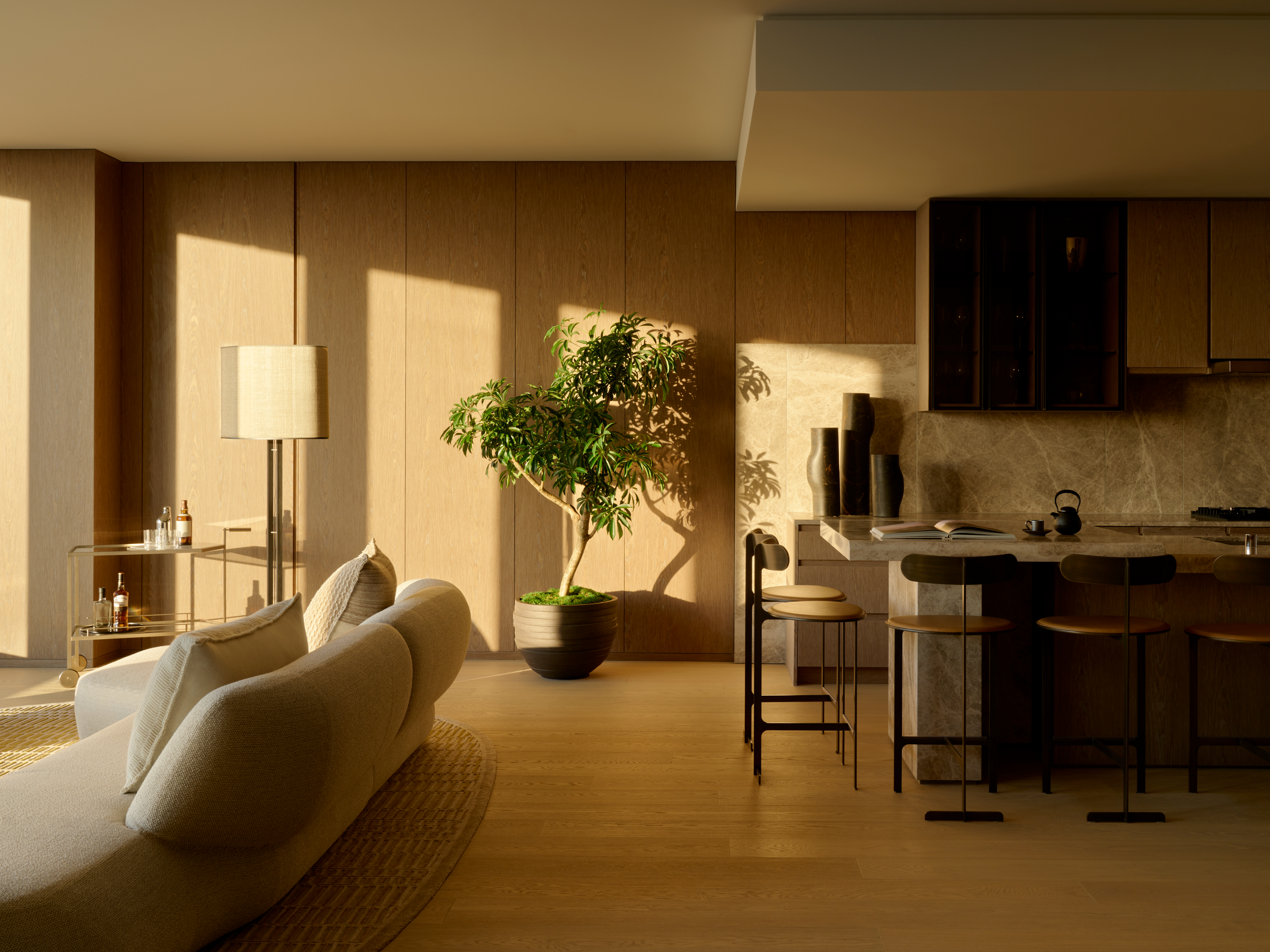
Aman Residences Tokyo Dining
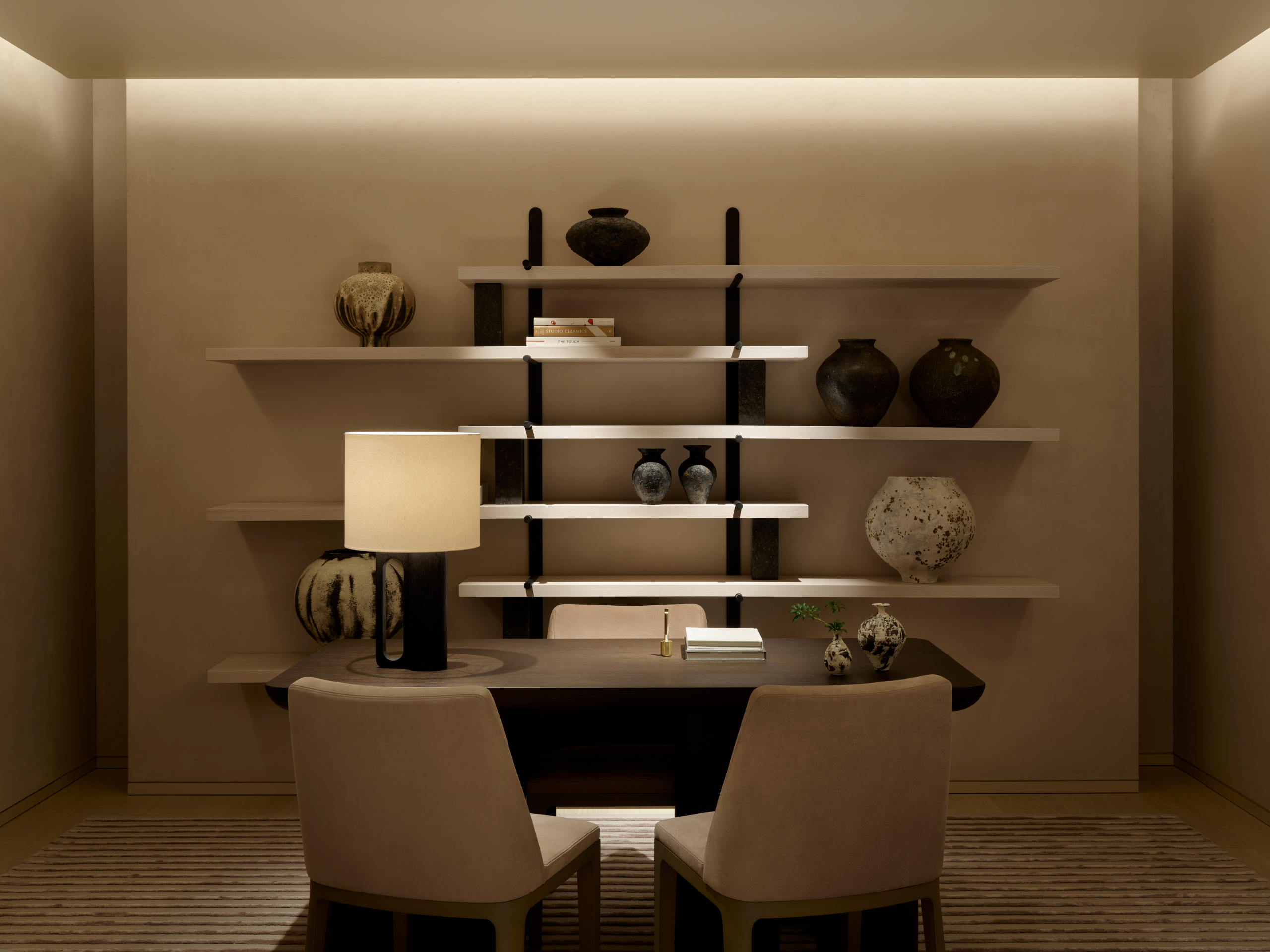
Aman Residences Tokyo Meeting Room
Dan Howarth is a British design and lifestyle writer, editor, and consultant based in New York City. He works as an editorial, branding, and communications advisor for creative companies, with past and current clients including Kelly Wearstler, Condé Nast, and BMW Group, and he regularly writes for titles including Architectural Digest, Interior Design, Sight Unseen, and Dezeen, where he previously oversaw the online magazine’s U.S. operations. Dan has contributed to design books The House of Glam (Gestalten, 2019), Carpenters Workshop Gallery (Rizzoli, 2018), and Magdalena Keck: Pied-À-Terre (Glitterati, 2017). His writing has also featured in publications such as Departures, Farfetch, FastCompany, The Independent, and Cultured, and he curated a digital exhibition for Google Cultural Institute in 2017.
-
 In search of a seriously-good American whiskey? This is our go-to
In search of a seriously-good American whiskey? This is our go-toBased in Park City, Utah, High West blends the Wild West with sophistication and elegance
By Melina Keays Published
-
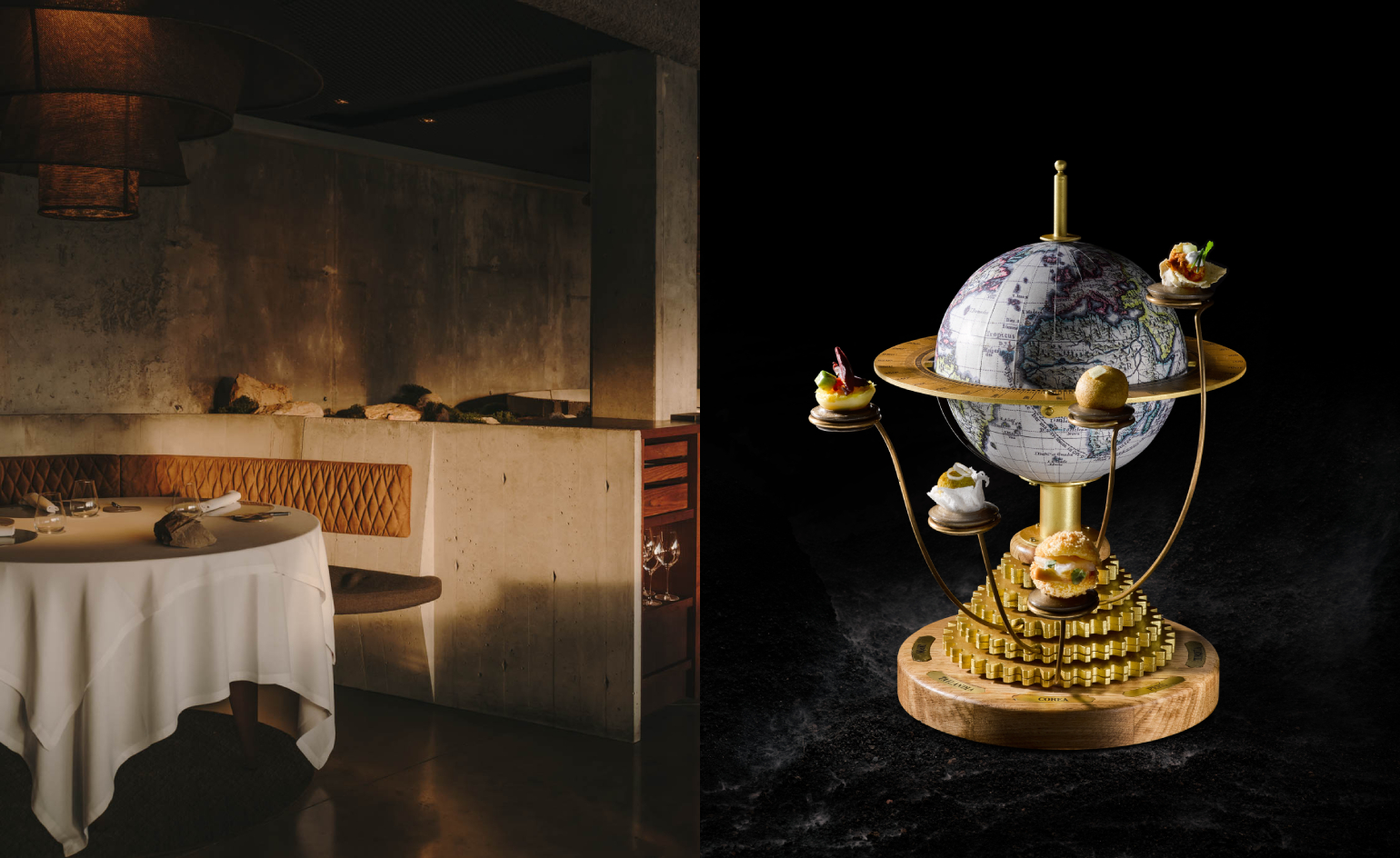 Esperit Roca is a restaurant of delicious brutalism and six-course desserts
Esperit Roca is a restaurant of delicious brutalism and six-course dessertsIn Girona, the Roca brothers dish up daring, sensory cuisine amid a 19th-century fortress reimagined by Andreu Carulla Studio
By Agnish Ray Published
-
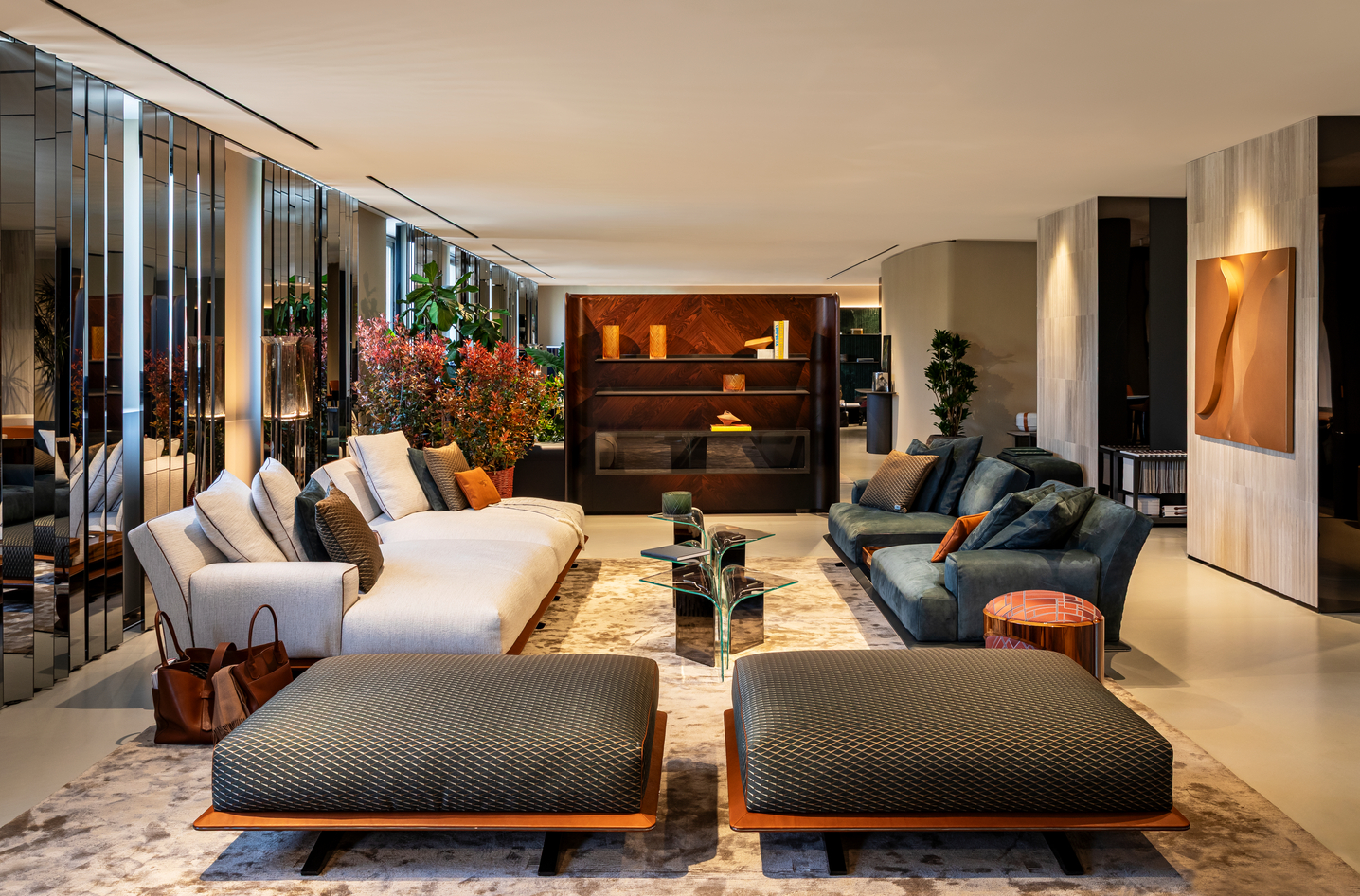 Bentley’s new home collections bring the ‘potency’ of its cars to Milan Design Week
Bentley’s new home collections bring the ‘potency’ of its cars to Milan Design WeekNew furniture, accessories and picnic pieces from Bentley Home take cues from the bold lines and smooth curves of Bentley Motors
By Anna Solomon Published
-
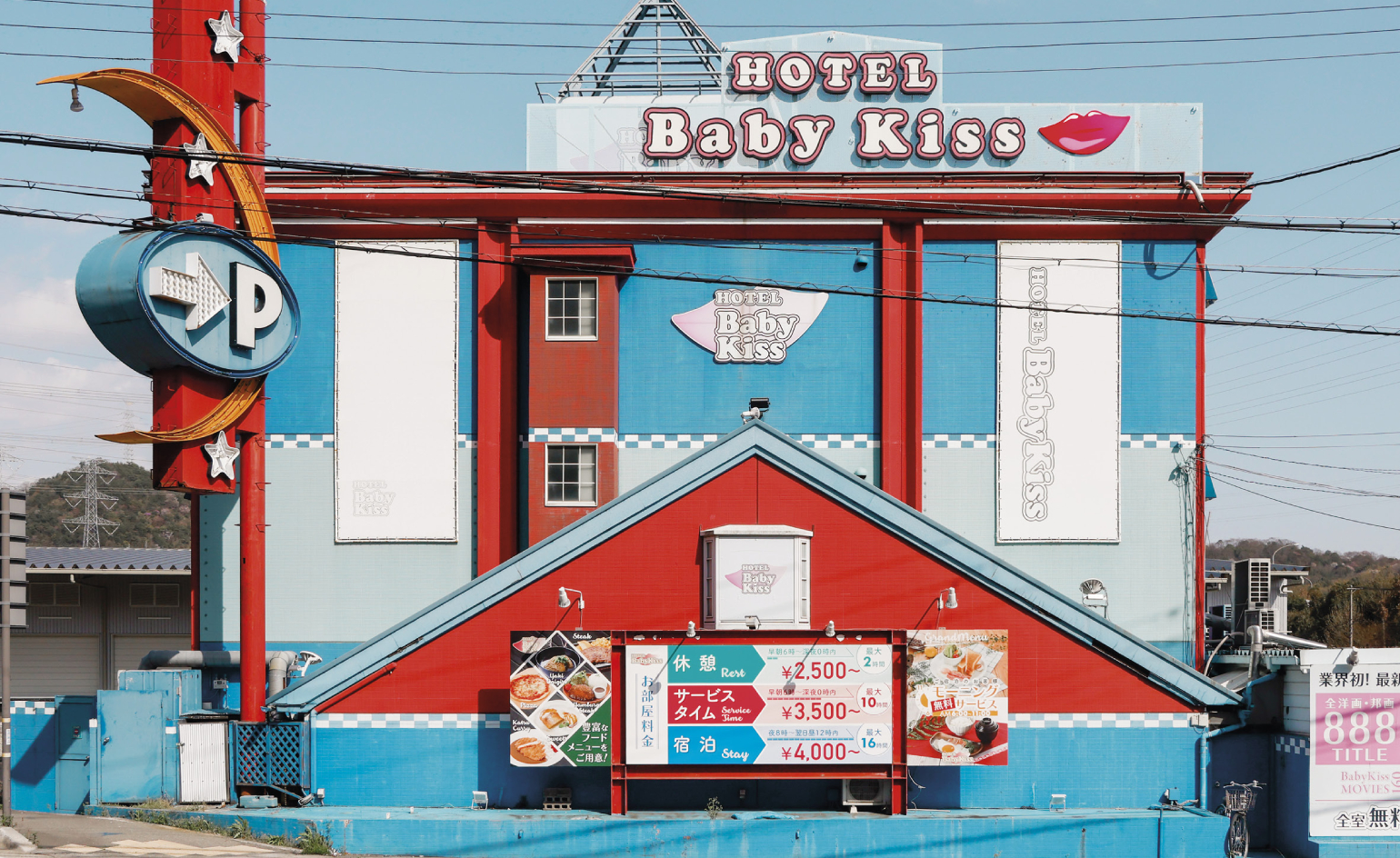 A new book captures the kitschy allure of Japanese ‘love hotels’
A new book captures the kitschy allure of Japanese ‘love hotels’For his latest project, French photographer François Prost documents the whimsical façades that characterise these erotic roadside venues.
By Sofia de la Cruz Published
-
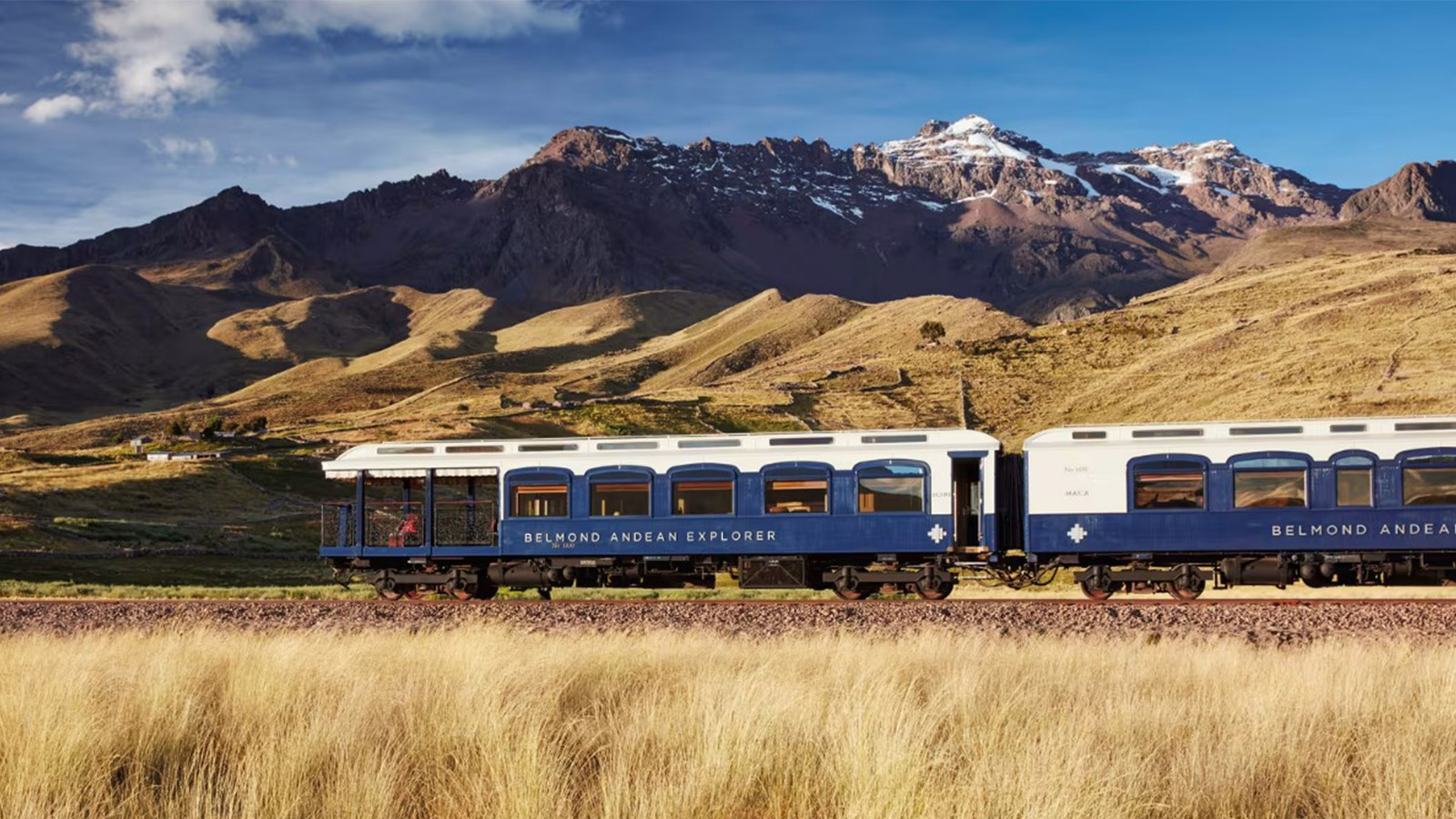 All aboard the world’s most luxurious train journeys
All aboard the world’s most luxurious train journeysStay on track with our pick of the most luxurious train journeys around the world, whether in 1920s-style opulence or contemporary chic
By Tianna Williams Published
-
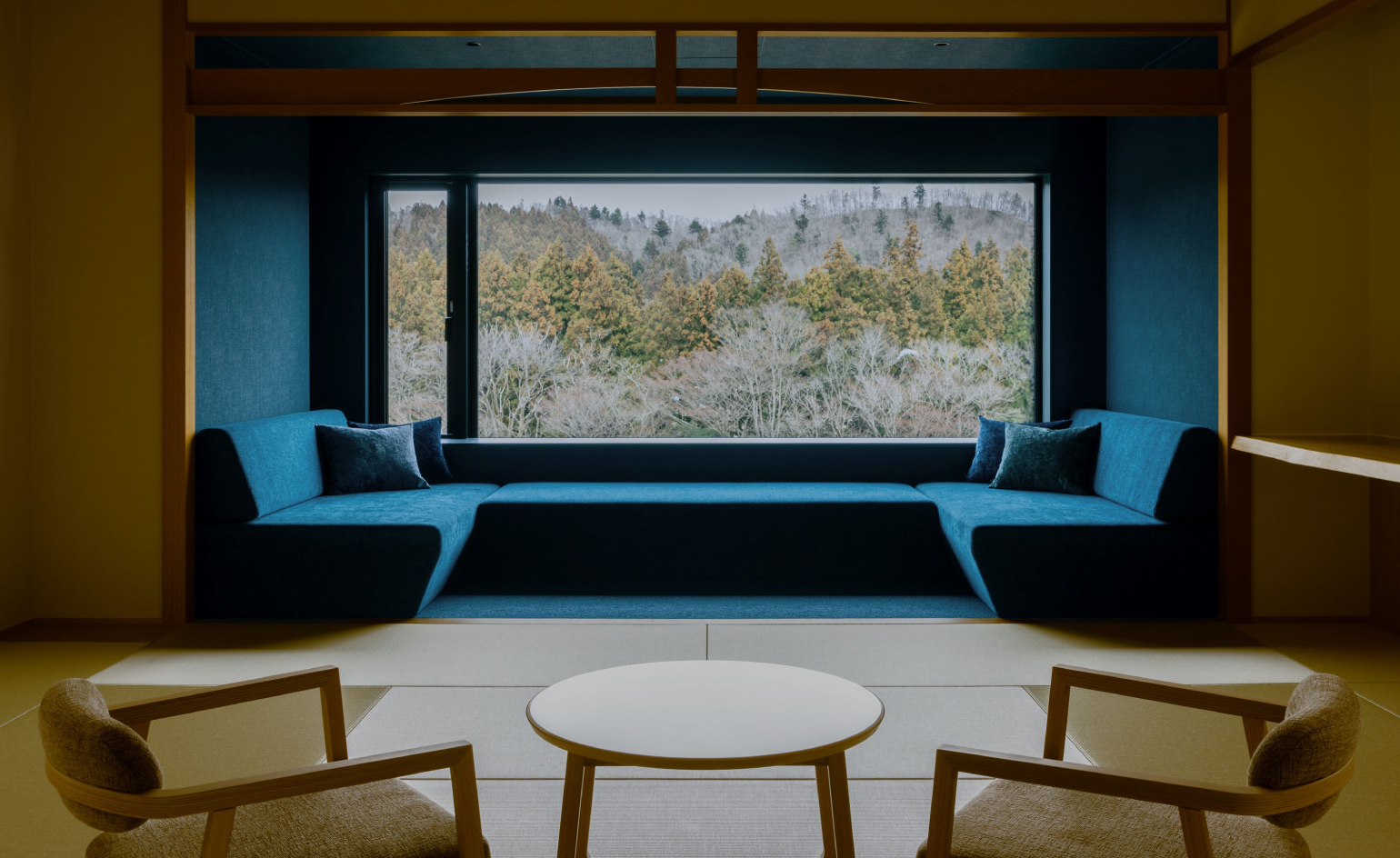 Wallpaper* checks in at Hoshino Resorts KAI Akiu: a soothing onsen hotel
Wallpaper* checks in at Hoshino Resorts KAI Akiu: a soothing onsen hotelIn Japan’s bucolic northeast, Hoshino Resorts KAI Akiu breathes new life into a sleepy hot spring village without betraying its ancient roots
By Eric Millman Published
-
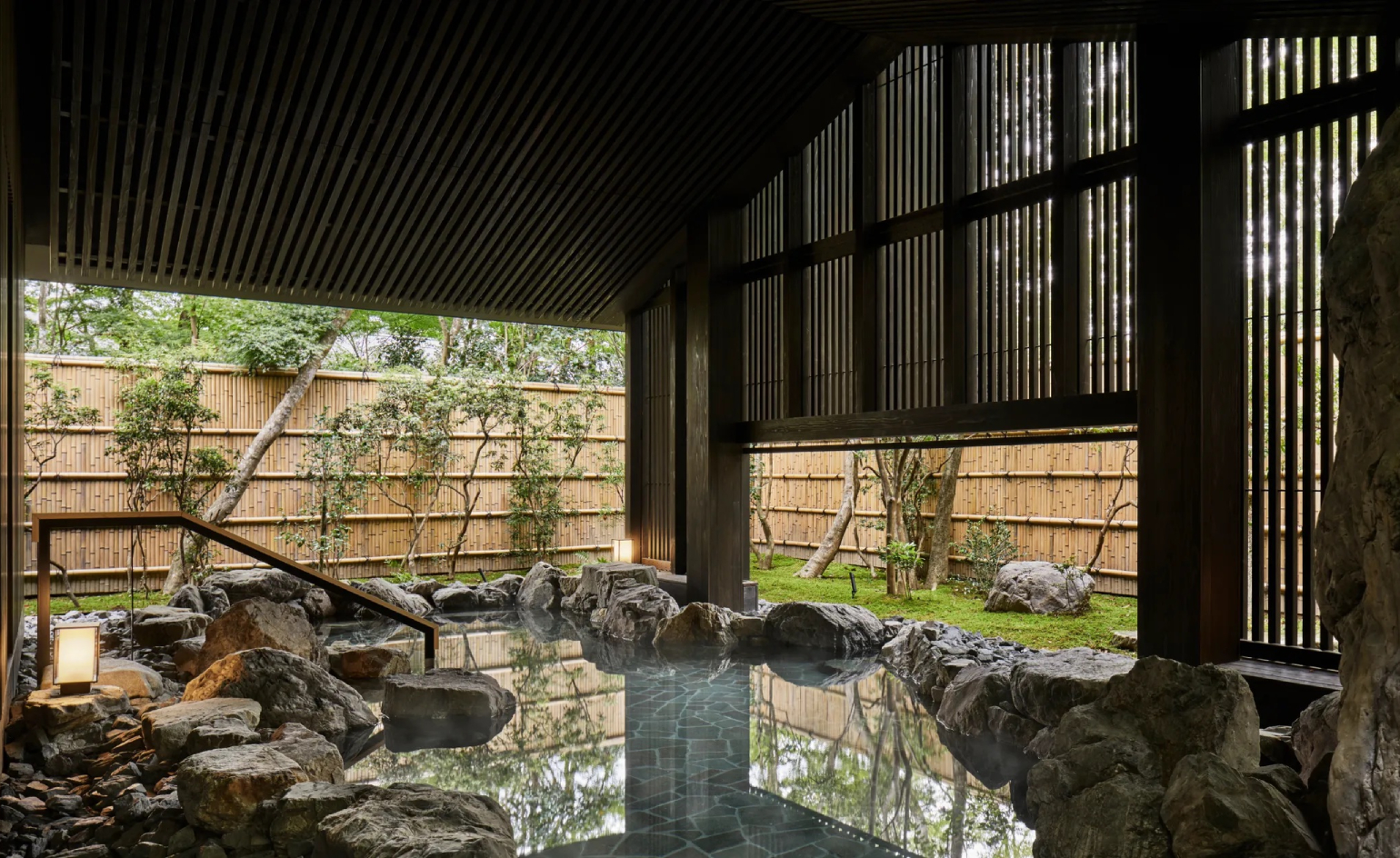 Shake off the winter chill at these design-led onsen hotels in Japan
Shake off the winter chill at these design-led onsen hotels in JapanWhether you’re heading to the mountains of Hokkaido or the alleys of Kyoto’s Gion district, these immaculately designed onsen hotels will keep the shivers at bay
By Jen Paolini Published
-
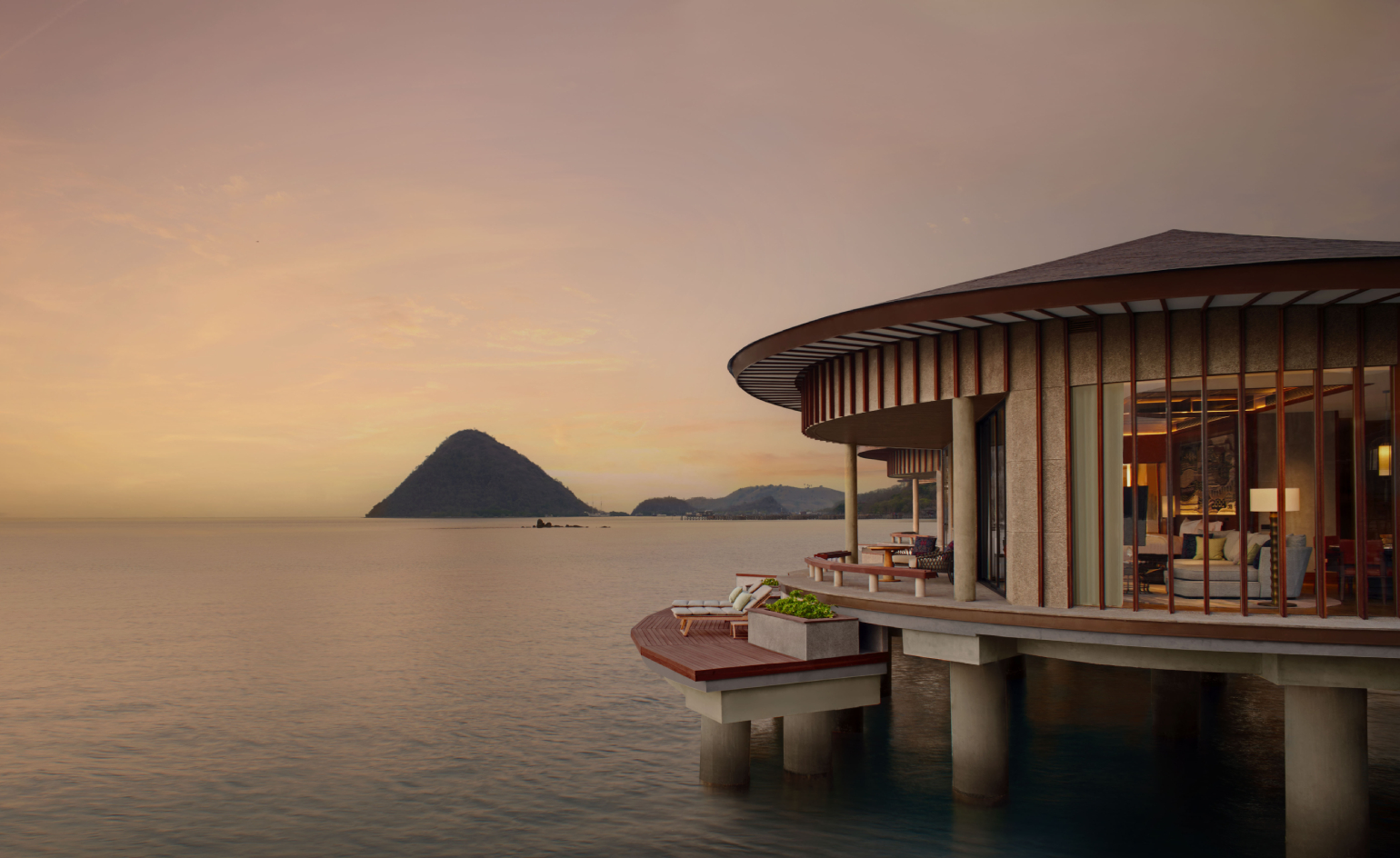 The new hotels you’ll want to stay at in 2025
The new hotels you’ll want to stay at in 2025Where to stay in 2025? Let six of the most-read-about hotel openings of the past 12 months inspire your escape – from a tiny Tokyo bolthole to a Tanzanian safari retreat
By Sofia de la Cruz Published
-
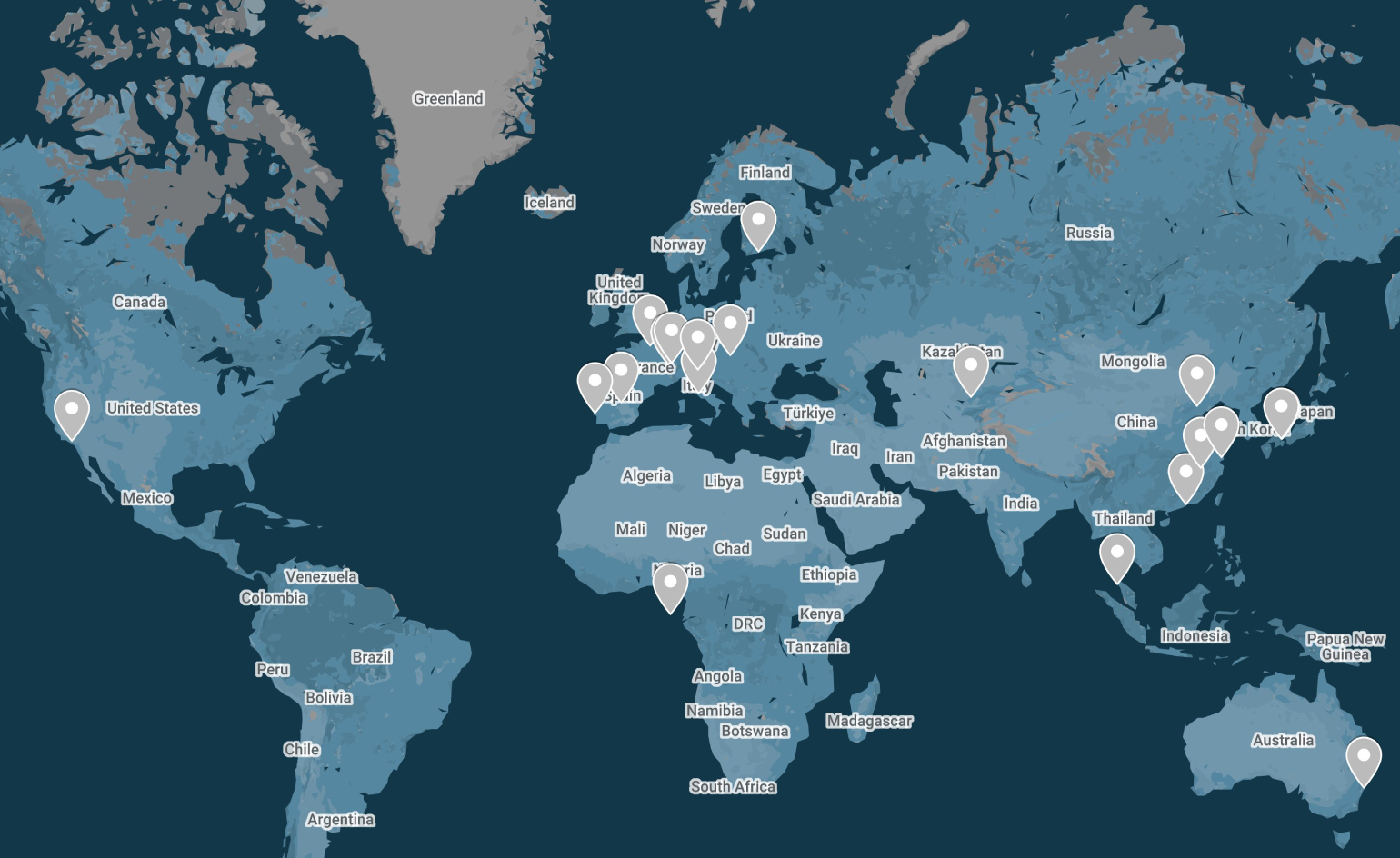 2025 getaways: where Wallpaper* editors will be travelling to this year
2025 getaways: where Wallpaper* editors will be travelling to this yearFrom the Japanese art islands of Naoshima and Teshima to the Malaysian tropical paradise of Langkawi, here’s where Wallpaper* editors plan to travel to in 2025
By Sofia de la Cruz Published
-
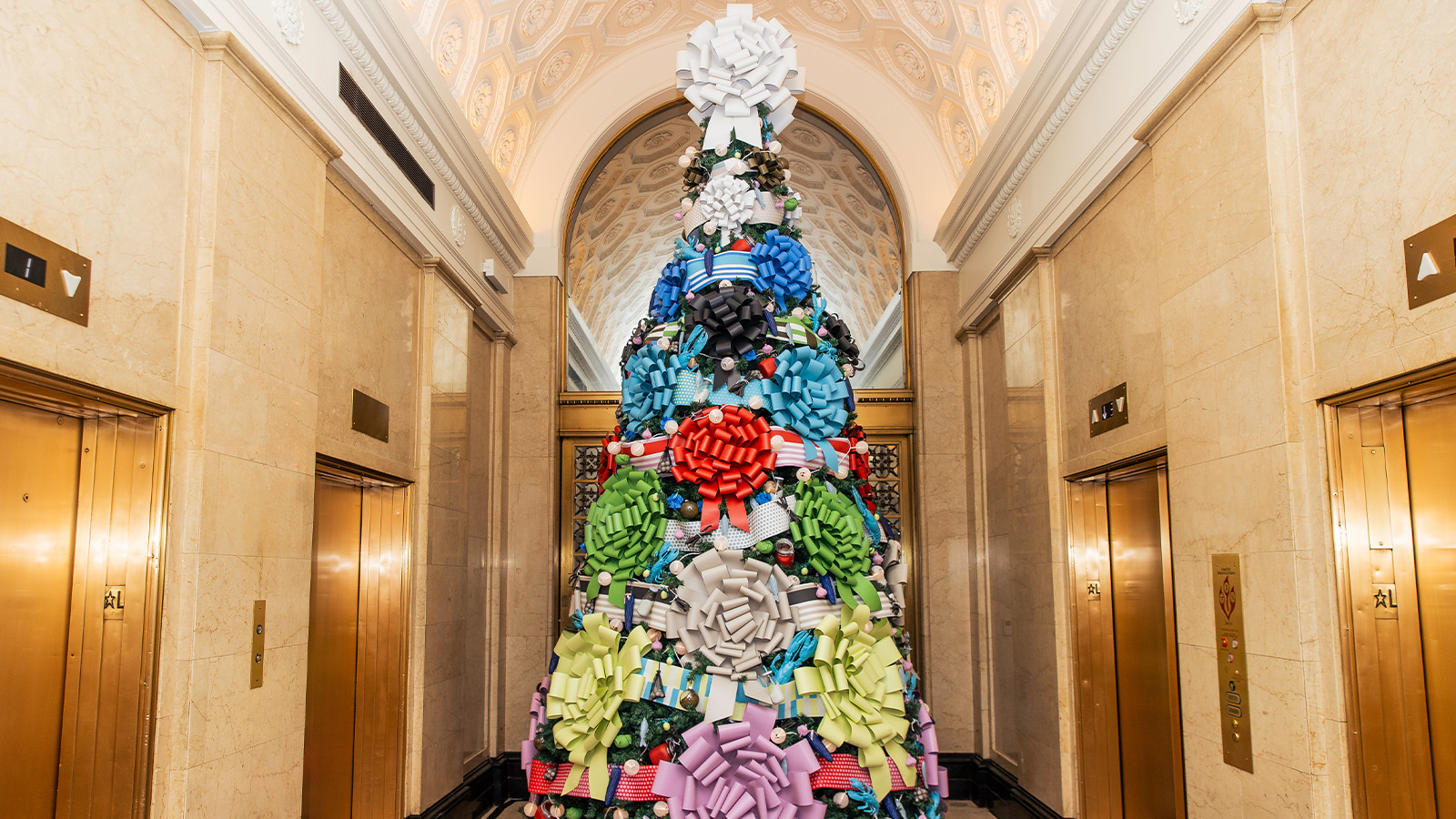 The most whimsical hotel Christmas trees around the world
The most whimsical hotel Christmas trees around the worldWe round up the best hotel Christmas tree collaborations of the year, from an abstract take in Madrid to a heritage-rooted installation in Amsterdam
By Tianna Williams Published
-
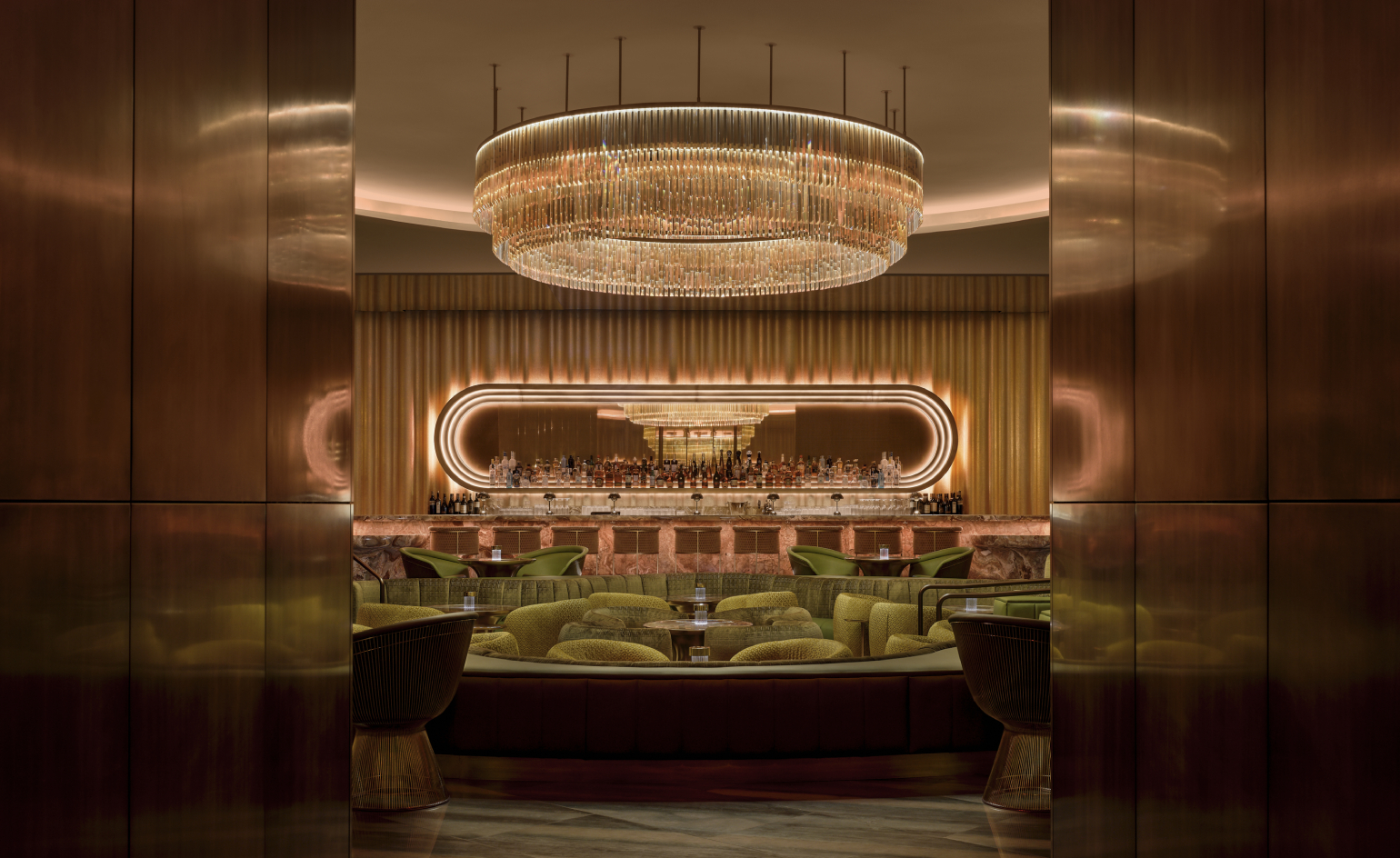 Six brilliant bars for your 2025 celebrations, hot off the Wallpaper* travel desk
Six brilliant bars for your 2025 celebrations, hot off the Wallpaper* travel deskWallpaper’s most-read bar reviews of the year can't be wrong: here’s inspiration for your festive and new year plans, from a swanky Las Vegas lounge to a minimalist London drinking den
By Sofia de la Cruz Published